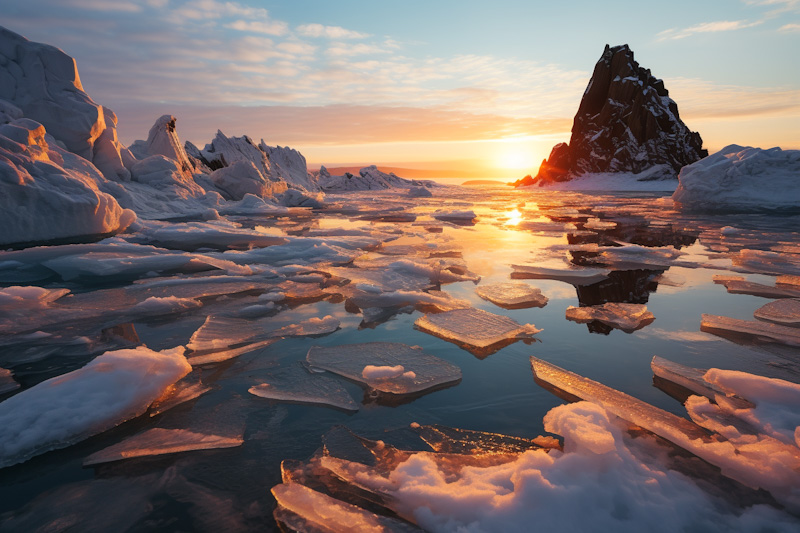
Nestled in the heart of Siberia, Lake Baikal stands as a testament to the wonders of the natural world. Holding the title of both the deepest and oldest freshwater lake on Earth, its pristine waters and unique ecosystems have fascinated scientists, nature enthusiasts, and travelers for centuries. This article delves into the many facets of Lake Baikal, from its geological significance to the rich cultural heritage of the communities that call its shores home.
A Geological Marvel
Lake Baikal is estimated to be around 25 million years old, making it the most ancient lake globally. Its formation is attributed to the Baikal Rift Zone, where the Earth’s crust is slowly pulling apart.
Over millennia, this rift has deepened and filled with water, resulting in the lake’s impressive depth of 1,642 meters. This geological activity is ongoing, and the lake continues to widen a few centimeters each year, offering a unique window into the Earth’s tectonic processes.
Unique Biodiversity
The lake is home to over 1,700 species of plants and animals, two-thirds of which can be found nowhere else in the world. The Baikal seal, or nerpa, is the only freshwater seal species globally and is endemic to Lake Baikal.
The lake’s isolation and unique conditions have led to the evolution of many indigenous species. From the tiny Baikal epishura, a type of zooplankton, to the golomyanka, a translucent fish that lives in the lake’s depths, Baikal’s biodiversity is both diverse and unique.